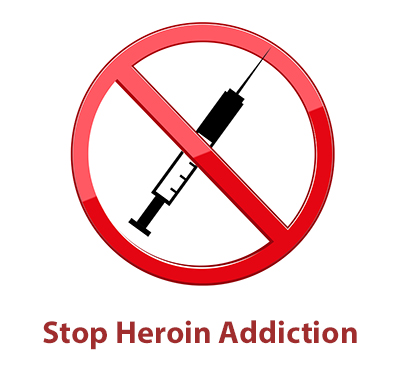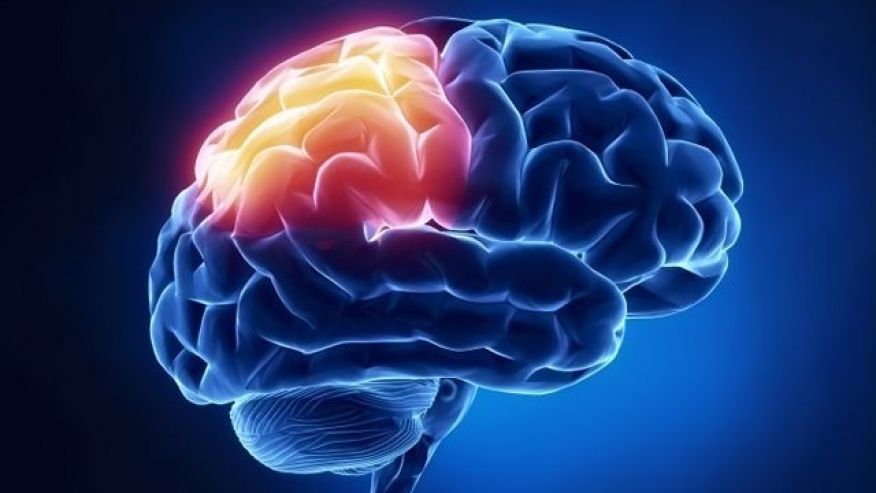

Heroin mission in the brain is to bring instability and destruction. To be safe quite using drugs
Heroin mission in the brain: The realities of heroin addiction
Do you have any idea what drugs can do to your brain? Drugs like heroin must never come in contact with the brain. That is because the heroin mission in the brain is to kill the proper functionality of the brain. Remember that, your brain is the most valuable asset in life. When experts at AWAREmed Health and Wellness Resource Center say that your health is your wealth, it is not a gimmick. It is a confirmed fact and this drug has nothing to offer the protection to this valuable yet priceless asset called health. And just to erase the confusion from your mind if any, doctor Dalal Akoury the MD and founder of AWAREmed Health and Wellness Resource Center explains that, under normal circumstance, the heroin assignment in the brain and generally human body is to naturally produce its own opiate-like substances and uses them as neurotransmitters.
As we progress into the discussion about heroin assignment in the brain, let me make the emphasis that in a different way, I have not just singled out heroin but substances like the opiate. Meaning that some of the substances am alluding to may include endorphins, enkephalins, and dynorphin and collectively they are commonly known as endogenous opioids. Endogenous opioids modulate our reactions to painful stimuli and this is where many go wrong and are attempting to associate heroin with proper functionality of the brain. That aside these endogenous also regulate vital functions such as hunger and thirst and are involved in mood control, immune response, and other processes.
Heroin mission in the brain: Exogenous substances
And now as to the reason why opiates like heroin and morphine are affecting us so powerfully is that these exogenous substances bind to the same receptors as our endogenous opioids. There are three kinds of receptors widely distributed throughout the brain including the mu, delta, and kappa receptors.
These receptors through the second messengers influence the likelihood that ion channels will open, which in certain cases reduces the excitability of neurons. This reduced excitability is the likely source of the euphoric effect of opiates and appears to be mediated by the mu and delta receptors.
This euphoric effect also appears to involve another mechanism in which the GABA-inhibitory interneurons of the ventral tegmental area come into play. By attaching to their mu receptors, exogenous opioids reduce the amount of GABA released. Remember that under normal circumstances, GABA reduces the amount of dopamine released in the nucleus accumbens. By inhibiting this inhibitor, the opiates ultimately increase the amount of dopamine produced and the amount of pleasure felt. Besides that doctor Akoury says that the chronic consumption of opiates inhibits the production of cAMP. However this inhibition will be offset in the long run by other cAMP production mechanisms. When no opiates are available, this increased cAMP production capacity comes to the fore and results in neural hyperactivity and the sensation of craving the drug. And with craving you can easily continue in the addiction life. Doctor Dalal Akoury MD, wants to help you defeat all these and set you free from all manner of addiction. You can call her today to schedule for that important appointment.
Heroin mission in the brain: The realities about heroin addiction
http://www.I-AM-I.com/wp-admin

0 comments
Write a comment